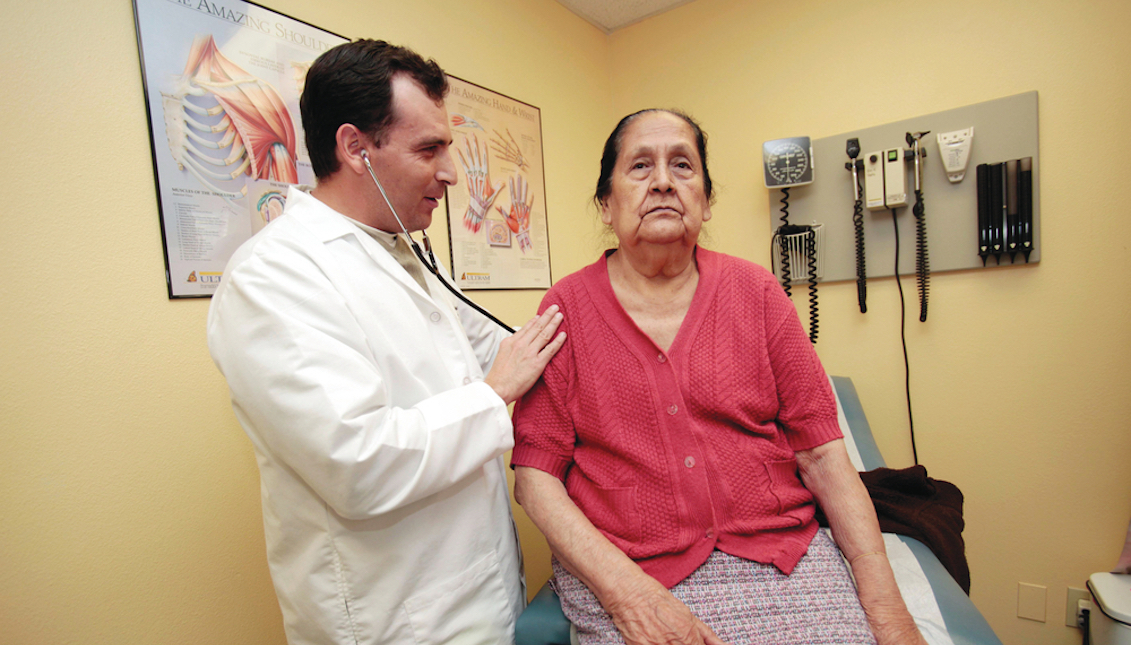
Language remains an obstacle for Latinos in addressing health issues
For the Hispanic community in the U.S., access to health care is twice as hard.
Nothing is more anguishing than trying to explain to the doctor what hurts, and it's even worse if we can’t do it in our own language.
According to a study carried out by the Associated Press and the NORC Center for Public Affairs Research, "nearly 6 in 10 Hispanic adults have had a difficult time communicating with a healthcare provider because of a language or cultural barrier," reported the Chicago Sun-Times.
The research found that "half of those who have faced those barriers turned to a family member or another health care provider for assistance," often a translator.
RELATED CONTENT
For many of those interviewed during the investigation, the problem continues to be the direct communication with professionals (even with those who claim to speak Spanish). Many agree that, in the case of older adults, for example, it is essential to have health care providers who are Spanish-speakers.
According to an article published by the Pan American Health Magazine, these types of barriers "contribute to inconsistencies in treatment and follow-ups in the country."
This article cites a simultaneous study, carried out by Wirthlin Worldwide, that showed that in the doctor-patient relationship, communication cracks can lead to critical errors when prescribing and following a treatment, as well as the objectivity of the medical records of each patient.
The probable causes of this deficiency in the medical service at the national level are, fundamentally, of an economic nature (since hiring translators or interpreters is outside the budget of many care centers). However, other proven reasons have been that the problem is not a priority for the institution (13%), that there are no foreign-language skills within the professional team (6%), a lack of training (6%), not having ideas or resources to deal with the problem (6%), and lack of time (6%).











LEAVE A COMMENT:
Join the discussion! Leave a comment.